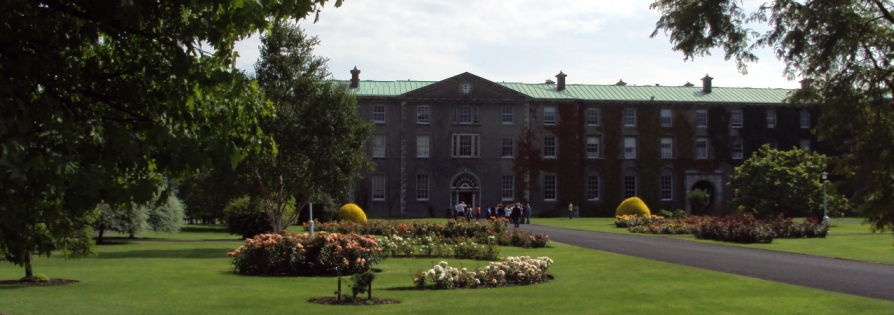Niall Moran
Parafermionic clock models and quantum resonance
A signature of non-Abelian topological phases of matter is a ground
state degeneracy that is immune to local perturbations. Many models
exhibiting non-Abelian topological order also feature strong zero modes,
which implies that all states of the system (not just the ground state)
are degenerate. While zero modes are not strictly necessary for
topological order, their presence can make systems more resilient to
diffusive dynamics and hint at the possibility of stable topological
phases at finite temperature.
In this talk I introduce a family of 1D quantum clock models and discuss
the presence of strong zero modes. These models exhibit a
ZN symmetry which leads to N distinct symmetry
sectors. The N=2 case is the well known Majorana chain where it is known
that strong zero modes exist. I argue that for N>2, there are no
strong zero modes, except at certain special high-symmetry points.
However, for odd N, there are regimes where weaker zero modes
may persist. This is shown by examining processes which lead to
sub-exponential splitting of the degeneracy. These processes can only
occur at resonance points, where bands of excited states cross.
Thus by studying the distribution and nature of resonance points, it is
possible to extrapolate the behaviour in the thermodynamic limit.
